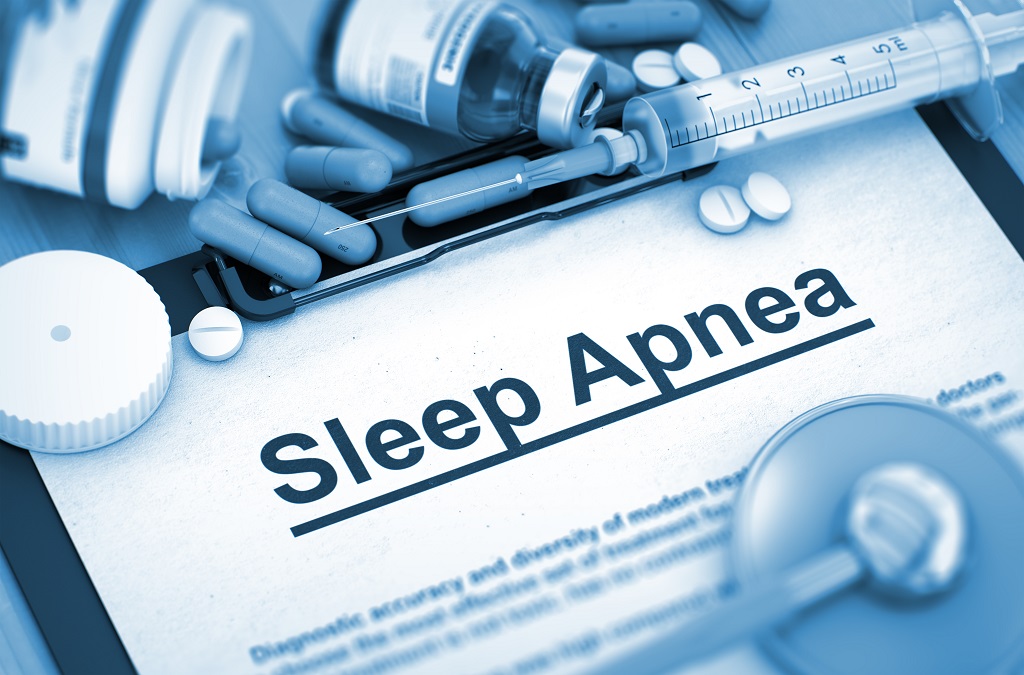
How was your sleep last night? Do you or someone you care about piercing the stillness of the night with your loud snoring? Do you often wake in the morning feeling tired and unrefreshed? Sleep apnea is a persistent robber of rest. Left untreated it can have destructive and dire consequences. Once you have a diagnosis of sleep apnea and a treatment plan, it is still important to watch your activities and consumption to avoid aggravating your condition.
What is Sleep Apnea
Sleep apnea is a condition where a person stops breathing multiple times during sleep. Some people with sleep apnea stop breathing hundreds of times per hour. This deprives the body and brain of oxygen needed to repair and rebuild body systems. Long-term sleep apnea can aggravate and even cause other debilitating conditions including high blood pressure, strokes, heart issues including cardiac arrest, diabetes, depression, and worsening of conditions like ADHD. The most common symptom of sleep apnea is waking up feeling as if you haven’t even slept but there are other indicators of apnea which include waking up with a sore throat, daytime sleepiness, morning headaches, and forgetfulness. If you wake frequently during the night, snore loudly, or are startled awake by choking or gasping feelings, these are also indicative of sleep apnea.
How Do I Know if I Have Sleep Apnea
If you suspect that you might have sleep apnea, the first step is to discuss your concerns with your family physician. Doctors take into consideration all aspects that would affect your sleep, such as lifestyle, age, overall health, and daily habits. If your doctor agrees with your suspicions, they will likely order a sleep study. Traditionally, a sleep study takes place in a lab, where the patient is hooked to various tests and monitored while they sleep. These days there are more options available for patients who cannot or do not wish to do a sleep study in a traditional lab testing. Your doctor can order an at home sleep study that can be performed in the comfort of your own home after your customary bedtime routine. Many people prefer this method and a lot of insurance companies cover the cost of a home sleep study. This test will give your doctor the data they need to diagnose your condition and create a plan of treatment.
Things To Avoid
Even before you receive your diagnosis of sleep apnea, there are changes you can make to ensure that you are not aggravating your condition unnecessarily. Watching your consumption of alcohol, cigarettes, and medications that depress your reactions, such as over the counter sleep aids, is a key way to help manage sleep apnea. Relaxing your muscles, especially your throat muscles, allows the blockage of apnea to become worse, and dulling your reaction time means that it may take longer for your body to realize that an apnea episode is occurring, thus slower time to resume breathing. Smoking causes irritation and can cause your throat tissues to swell.
Physical things you can be aware of are your sleeping positions and your weight gain. Sleep for those with apnea is best on your side based on how weight falls, when you are on your back there is pressure on your throat from your chest. Avoiding gaining weight is also helpful for apnea. Another key thing to avoid at all costs is sleep deprivation. Apnea already causes its own form of sleep deprivation, so insomnia and other forms of sleep deprivation only add fuel to the fire. This can become a vicious cycle as your body can not heal, your emotions become errant, and you suffer worsening symptoms of your apnea. Sleep routine is important, even more so for those who have sleep apnea.
Managing Sleep Apnea
Sleep apnea can have devastating consequences if left untreated. Luckily there are many ways to diagnose and treat the condition. Home care is as important as having a sleeping test conducted and home care will likely be part of your treatment plan. Knowing what to avoid at home is supremely important when managing your sleep apnea.
VirtuOx is the leader in home sleep tests and pulse oximetry.
Click the link below to get more information plus to receive a FREE Report…